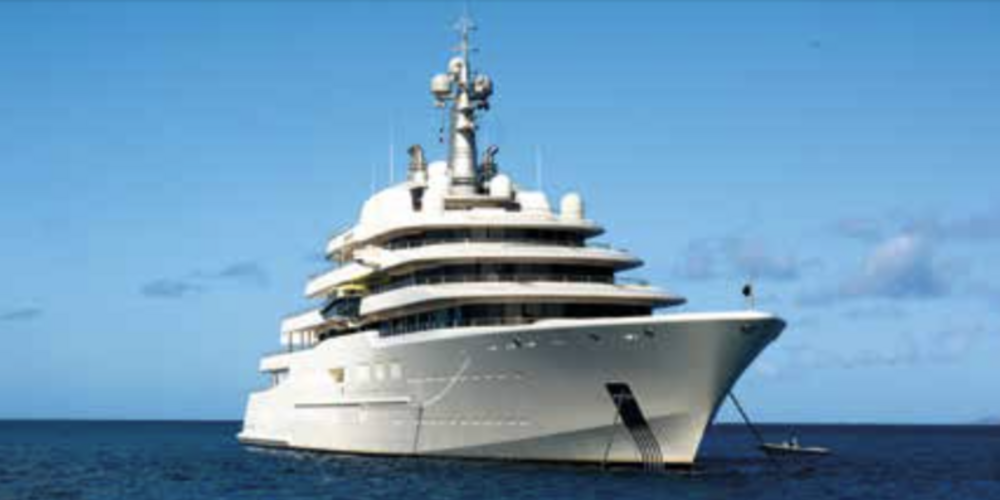Stick with Shipman for superyachts

In a recent article in a superyacht publication, a lawyer suggested that as yachts were very different to oil tankers, BIMCO Shipman 2009 (Shipman) was not a suitable document to use. This is nonsense.
The difference between a yacht and a ship has become blurred over the years due to the increase in the size of the yachts. Twenty years ago a fifty metre yacht would have been considered large, today it is seventy metres plus. Yachts and tankers are very different types of vessel but the legal and regulatory framework they operate in is the same. If you are the manager of a yacht over 500 GRT, you are also the operator of the vessel under the ISM Code. The management agreement you have must protect you, especially if the owner of the yacht may be inexperienced in all matters marine.
ITIC understands yacht managers have different duties towards a yacht owner compared to those of a tanker manager, but if you are managing a yacht, there is absolutely no reason why you should accept greater liabilities. We therefore recommend that your management agreement be on terms no more onerous than Shipman. A few of the key provisions of Shipman are detailed below:
Agency: A yacht manager acts as the agent of the owner and the yacht management agreement must reflect that agency status. If a yacht owner asks you to act in any other capacity, you should refuse.
Joint Assurance: As the operator of the yacht you are exposed to the same risks as if you were the owner. It is vital, therefore, to have the same protection. A manager could feasibly take out their own insurance covering their operational exposure to the vessel, but the cost would be wasted as it costs the owner nothing to name the manager as a joint assured on all insurances taken out in respect of the yacht you manage.
Negligence: Where you offer a professional service of yacht management, you need to be insured in the event you act negligently. The management agreement must only make you liable where you fail to perform the management services in
accordance with sound yacht management practice. You should be very cautious if the wording is changed. Do not accept “sound” being replaced with “first class” as your liability would increase considerably and you may not be insured.
Limitation & Indemnity: Under Shipman you can limit your liability to ten times the annual management fee. Liability is therefore commensurate with the income you are earning. The owner also should keep you indemnified where you have not been negligent. Do not agree to any changes.
Dispute Resolution: The usual dispute resolution in a management agreement is either arbitration in London or New York. If you are asked to include a different forum you must be cautious as Shipman has been drafted by Anglo-Saxon lawyers. If you are asked for a different jurisdiction or law to apply to your management agreement, you must take advice from a lawyer in that jurisdiction as to how your liabilities would be affected. We do not recommend US law or jurisdiction for disputes under the contract, as the position as to costs, limitation and publicity are not as favourable as in the UK.
Legal Certainty: The Shipman contract has been the focus of much litigation. Lawyers and also arbitrators have a good knowledge of the liabilities that flow from this agreement. If a bespoke agreement is drafted it can increase legal uncertainty and consequently legal costs. Stick with Shipman, or a derivative thereof.
The lawyers acting for the owner’s interest may come from a non-shipping background, and some of the above concepts may appear alien to them. However, if it is explained why you are insisting that they remain in the contract, most will acquiesce. If they do not, you should consider if it is worth taking on the management of the yacht. Please contact ITIC if you need advice on your management agreement.
- Date
- 09/03/2023





